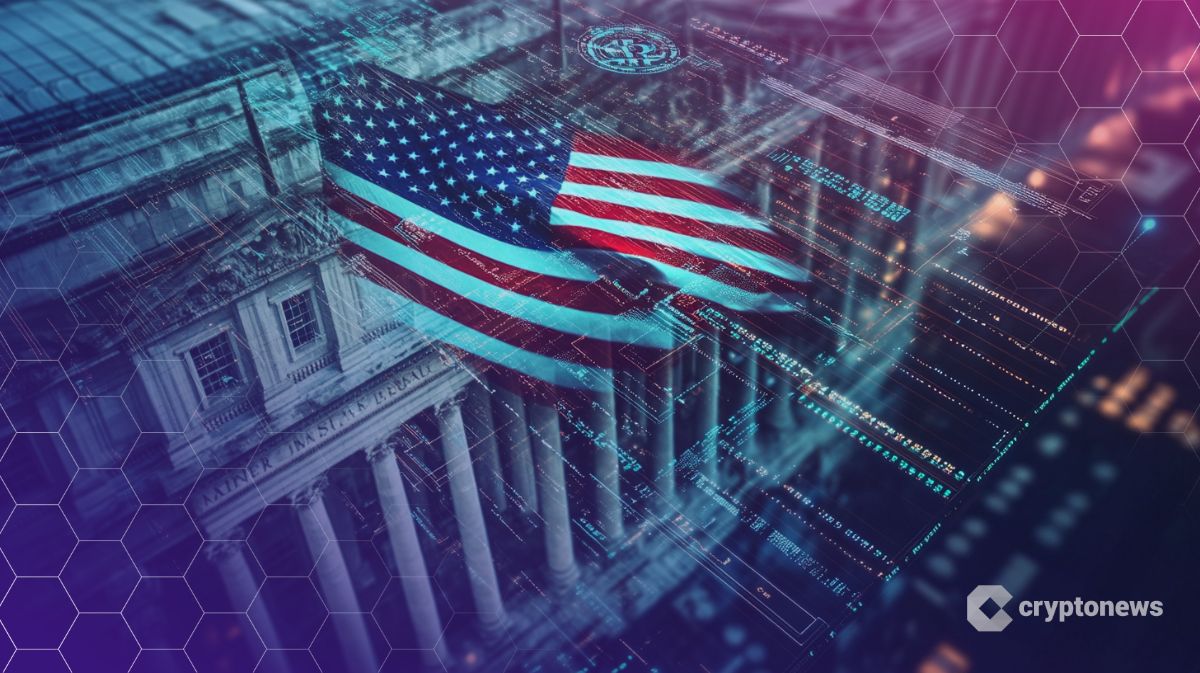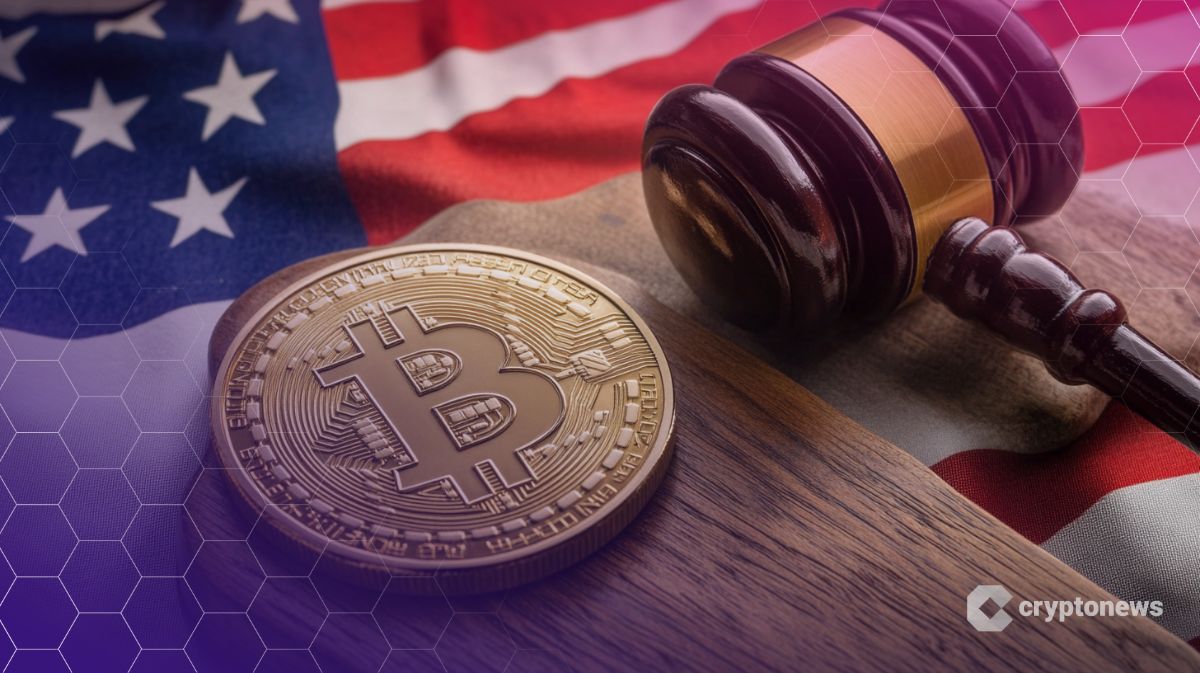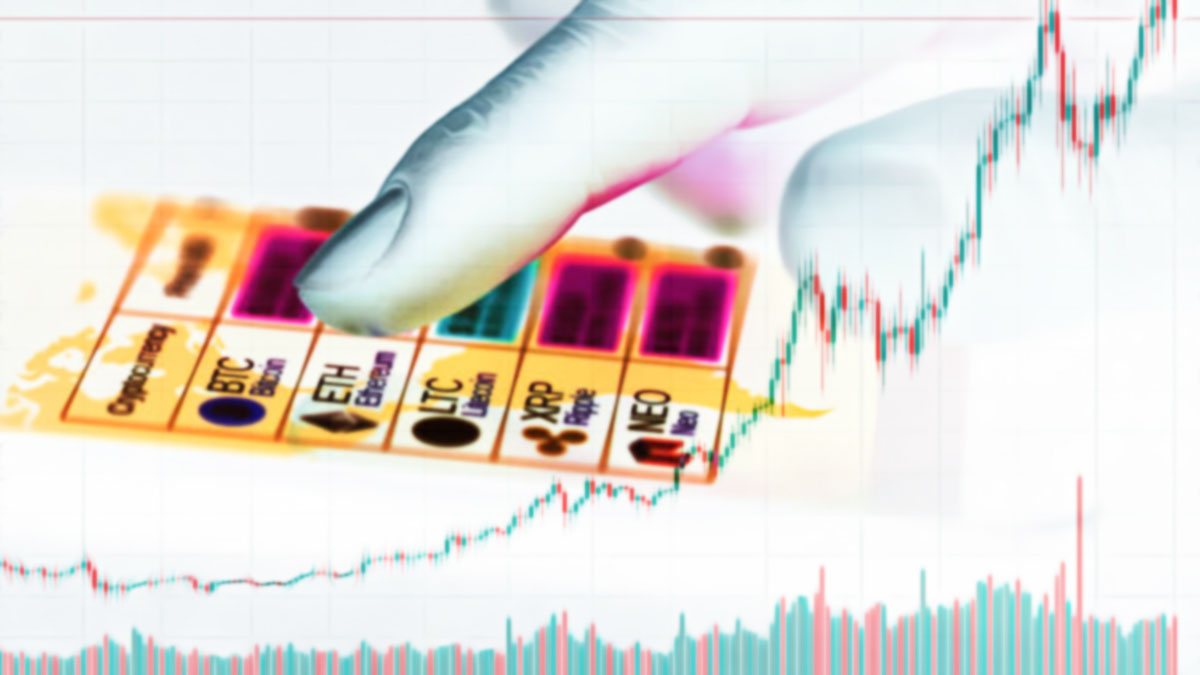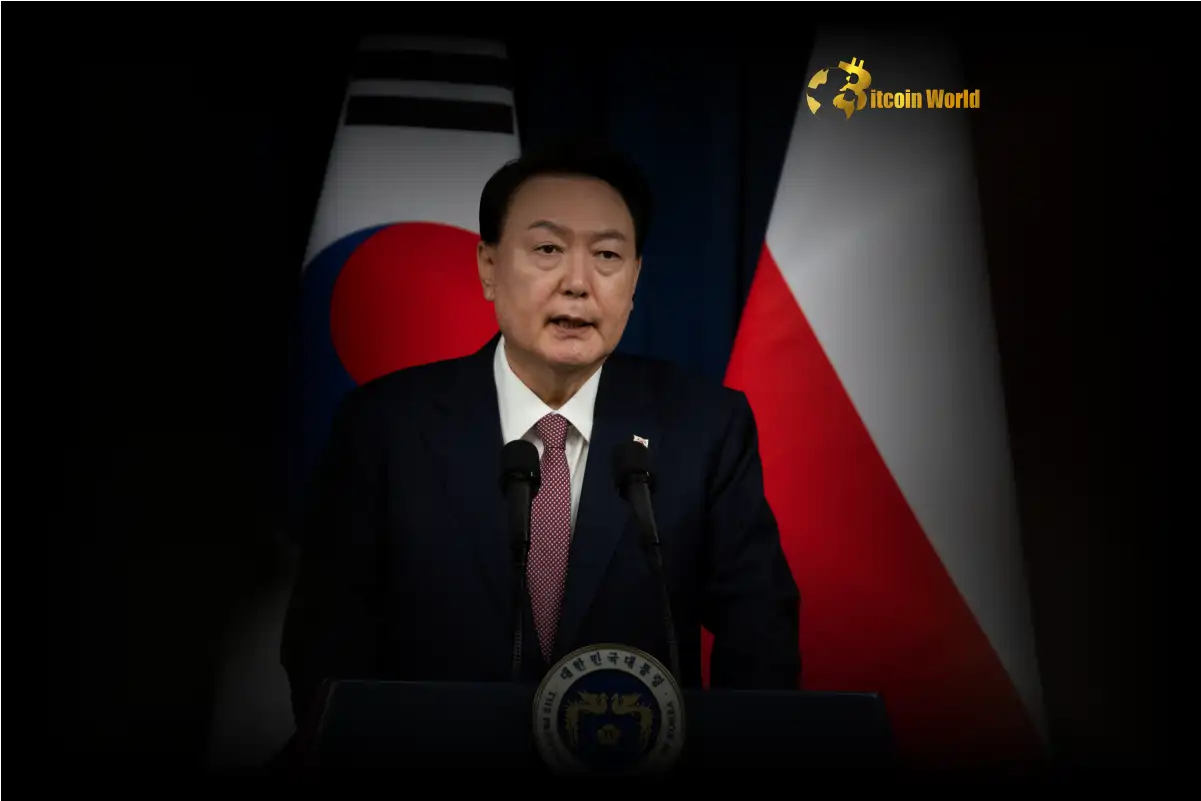In a stunning move that has sent ripples through international trade circles, former President Donald Trump has reignited the tariff debate, this time setting his sights on South Korea. Speaking from the White House Rose Garden, Trump didn’t mince words, accusing Korea of imposing unfair tariffs on American goods and highlighting what he perceives as imbalanced trade practices. For those keeping a close eye on global economics and its potential spillover into the volatile cryptocurrency market, Trump’s statements are a stark reminder of how geopolitical tensions can quickly escalate and impact market sentiment. Let’s delve into the specifics of Trump’s accusations and what they could mean for global trade and beyond.
Trump’s Tariff Tirade: Decoding the Accusations
During his address, Trump focused heavily on the automotive industry and agricultural imports, specifically rice. He asserted that a staggering 81% of Korean cars sold in the U.S. are manufactured in Korea itself, implying a lack of reciprocity. Furthermore, he claimed that Korea effectively slaps a 50% tariff on American rice, making it incredibly difficult for U.S. farmers to compete in the Korean market.
Here’s a breakdown of Trump’s key accusations:
- Korean Auto Imports: Trump highlighted the high percentage of Korean-made cars imported into the U.S., suggesting an imbalance in the automotive trade relationship.
- Rice Tariffs: He specifically called out the alleged 50% tariff on U.S. rice entering Korea, portraying it as a significant barrier to American agricultural exports.
- Broader Criticism: Trump broadened his critique to include Thailand, Vietnam, and India, accusing them of also maintaining high tariffs on U.S. products, signaling a wider dissatisfaction with global trade practices.
To put these claims into perspective, it’s important to understand the existing trade framework between the U.S. and South Korea. The two nations have a significant Free Trade Agreement (KORUS FTA) in place, designed to reduce tariffs and facilitate smoother trade. Trump, however, has consistently expressed skepticism about the benefits of such agreements, often advocating for what he terms ‘reciprocal tariffs‘.
What Exactly Are Tariffs and Why Do They Matter?
For those new to the world of international economics, let’s quickly define tariffs. Simply put, a tariff is a tax imposed by a government on imported goods and services. Governments use tariffs for various reasons, including:
- Protecting Domestic Industries: By making imported goods more expensive, tariffs can make domestically produced goods more competitive, theoretically safeguarding local jobs and industries.
- Generating Revenue: tariffs can be a source of revenue for the government, although this is often a secondary goal compared to protectionism.
- Retaliation: tariffs can be used as a tool to retaliate against another country’s trade practices that are deemed unfair or harmful. This is often seen in trade disputes.
- National Security: In certain strategic sectors, tariffs might be imposed to reduce reliance on foreign imports for national security reasons.
However, tariffs are not without their downsides. They can lead to:
- Increased Consumer Prices: When tariffs are imposed, the cost of imported goods often increases, which can be passed on to consumers in the form of higher prices.
- Reduced Consumer Choice: Higher prices on imported goods can also reduce consumer choice, as people may be less willing or able to purchase them.
- Retaliatory Tariffs: Imposing tariffs can provoke retaliatory tariffs from other countries, leading to trade wars where multiple countries impose tariffs on each other’s goods, harming global trade and economic growth.
- Supply Chain Disruptions: tariffs can disrupt global supply chains, making it more difficult and expensive for businesses to source components and materials.
Korea’s Perspective and the Reality of Trade
It’s crucial to consider that trade relationships are complex and multi-faceted. While Trump paints a picture of unfair tariffs imposed by Korea, the reality might be more nuanced. Korea, like any nation, has its own trade policies designed to protect its domestic industries and promote economic growth.
For example, regarding automotive imports, while a significant portion of Korean cars sold in the U.S. are manufactured in Korea, many American car brands also have a strong presence in the Korean market. Furthermore, the KORUS FTA has aimed to reduce tariffs on automobiles and other goods, promoting bilateral trade.
Regarding rice, agricultural tariffs are a sensitive issue globally. Many countries, including the U.S. to some extent, protect their agricultural sectors through various measures. Korea, with its emphasis on food security and a significant agricultural population, likely has its own reasons for maintaining tariffs on rice imports. The exact figure of a 50% tariff on U.S. rice, as claimed by Trump, would need further verification and contextual understanding of Korea’s agricultural trade policy.
The Ripple Effect: How Trade Disputes Impact Global Markets and Crypto
Why should cryptocurrency enthusiasts care about trade disputes and tariffs? The answer lies in the interconnectedness of global markets. International trade is a major driver of economic growth, and disruptions to trade flows can create economic uncertainty. This uncertainty often translates into market volatility, which can significantly impact all asset classes, including cryptocurrencies.
Here’s how trade tensions can affect the crypto market:
- Economic Uncertainty: trade disputes and the potential for trade wars create economic uncertainty. Investors tend to become risk-averse during uncertain times, which can lead to sell-offs in riskier assets like cryptocurrencies.
- Currency Fluctuations: tariffs and trade tensions can lead to fluctuations in currency exchange rates. These fluctuations can impact the value of cryptocurrencies, particularly when paired against fiat currencies.
- Inflationary Pressures: tariffs can contribute to inflationary pressures by increasing the cost of imported goods. Inflation can, in turn, influence central bank policies and investor sentiment, indirectly affecting the crypto market.
- Safe Haven Assets: In times of economic turmoil, some investors may seek refuge in assets perceived as safe havens. While Bitcoin is sometimes touted as a digital gold or safe haven, its behavior during periods of trade-related uncertainty has been mixed.
Navigating the Trade Winds: What Can We Learn?
Trump’s recent remarks on tariffs serve as a potent reminder that trade policy remains a dynamic and potentially volatile area. For anyone involved in global markets, including the cryptocurrency space, staying informed about trade developments is crucial.
Here are some actionable insights:
- Stay Informed: Keep abreast of trade policy news and announcements from major economies. Follow reputable news sources and economic analysis to understand the potential impact of trade disputes.
- Diversify Investments: Diversification is key in any investment strategy, but it’s particularly important when facing economic uncertainty. Don’t put all your eggs in one basket, whether it’s crypto or traditional assets.
- Understand Market Sentiment: Pay attention to market sentiment and investor reactions to trade news. Market sentiment can often be a leading indicator of short-term price movements.
- Long-Term Perspective: Remember that trade disputes are often cyclical. While they can create short-term volatility, the global economy and trade relationships are constantly evolving. Maintain a long-term perspective when making investment decisions.
Conclusion: Trade Tensions and the Ever-Evolving Global Landscape
President Trump’s criticism of tariffs on U.S. goods and Korean auto imports highlights the ongoing complexities and sensitivities surrounding international trade. While the immediate impact on the cryptocurrency market may be indirect, the broader economic uncertainty generated by trade disputes can certainly influence market sentiment and investor behavior. As the global trade landscape continues to evolve, staying informed, adaptable, and maintaining a balanced perspective will be essential for navigating the choppy waters of international economics and the dynamic world of cryptocurrencies.
To learn more about the latest crypto market trends, explore our article on key developments shaping Bitcoin price action.
News – BitcoinWorld – Read More









